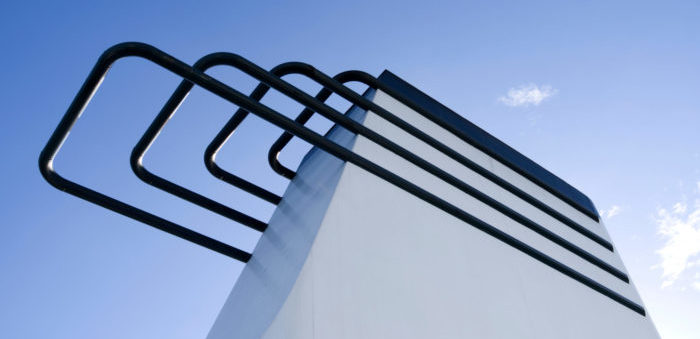The New Zealand Ministry for the Environment requests owners/operators and Masters of ships operating in NZ territorial waters, as a precautionary measure, to avoid discharging scrubber effluent close to shore.
The Republic of the Marshall Islands Maritime Administrator shared a reminder to ships, citing guidance released earlier in 2020 on the use of scrubbers in New Zealand territorial waters.
Where possible, ship owners and masters should utilize alternate options such as:
- preparing for entry into NZ waters by carrying compliant low sulphur fuel to use when operating in sensitive environments as identified by the relevant regional authorities;
- operating closed-loop scrubber functionality in zero-discharge mode and retaining any effluent on board until able to dispose of it at the next available port facility; and
- discharging any open loop scrubber washwater outside NZ territorial waters.
While the guidance is non-statutory, we encourage industry to implement the following measures until work currently underway in respect to the use of scrubbers has been completed,
…the guidance reads.
Current IMO guidance on washwater discharge criteria, IMO Resolution MEPC.259(68), may be revised in the future as more data becomes available on the contents of the discharge and its effects. Currently, EGCS residues generated must be delivered ashore to reception facilities. Coastal States may impose unique requirements for scrubbers.
This is in line with global concerns over the potential impacts of scrubber contaminants on the marine environment. In this context, several maritime authorities worldwide, including Panama, Bermuda and Malaysia, have banned the use of open loop scrubbers in territorial waters.
In 2019, the IMO requested that the UN Joint Group of Experts on the Scientific Aspects of Marine Environmental Protection (GESAMP) establish a task team to oversee a modelling study to assess the impacts of washwater from scrubbers on the environment.
Later, in February 2020, GESAMP provided the IMO with a report on the outcomes of this work at a meeting of the IMO’s PPR Sub-Committee. This meeting approved start of work to evaluate and harmonise guidance on discharges from scrubbers, and updated the current guidelines on the use of these systems.
These updated guidelines will be presented at the next meeting of the Marine Environment Protection Committee (MEPC 75), in November, for adoption.






























































